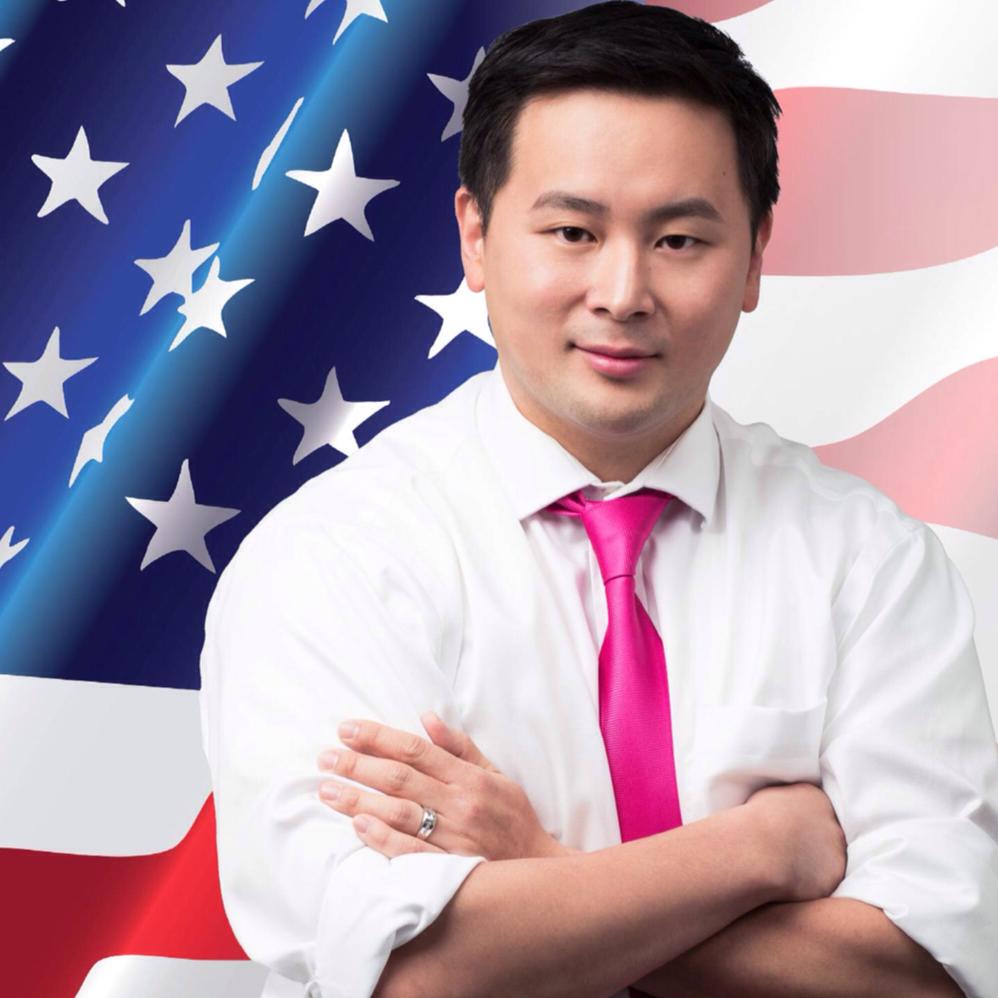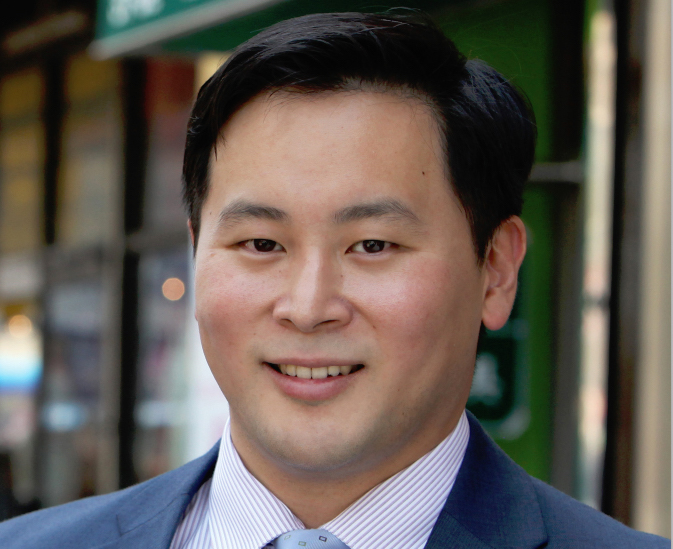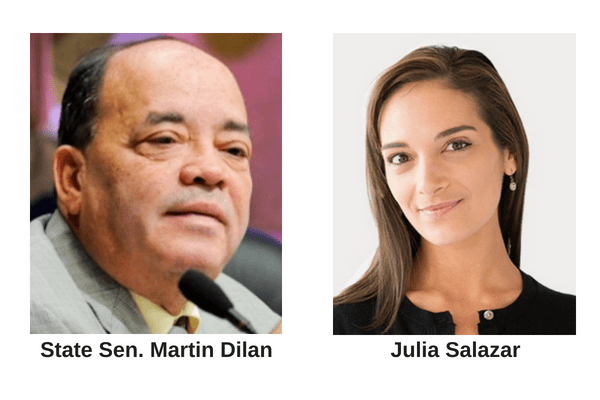Assemblyman Ron Kim (D- Flushing, East Flushing, Willets Point, Linden Hill and Murray Hill, is running for the public advocate’s seat left vacant by Attorney General Letitia James and hopes to stop corporations from funding themselves with taxpayer’s money, end the student loan debt crisis and to protect the interests of small businesses.
“I’m running on the people over corporations platform, and that entails ending corporate welfare,” said Kim. “I’m hoping to cancel student debt, and to break up mega-monopolies like Amazon.”
Kim believes large tech companies like Amazon are hurting small businesses at a cost of to the American public.

“As we speak there is a coalition of state attorney generals that are meeting to beef up the ability to exercise anti-trust laws against big monopolies like Amazon,” said Kim. “Our nation took a strategic approach under [President Ronald] Reagan to strip down our ability to enforce anti-trust laws to make sure that no company – no corporation gets as big as Amazon has become…to the detriment of so many small businesses…which have exploited our communities.”
He finds that a lot of social justice problems stems from economic injustice.
“The problems that we are facing is directly related to economic injustice,” said Kim. “We often get stuck on the social injustices and we end up putting on a lot of band-aids. The driving reason that we have so much divisiveness, hatred, ugliness and violence even are directly related by the economic injustice caused by the extraction of billions and trillions of dollars from these mega corporations like Amazon.”
Kim finds the way taxes are distributed to small businesses versus mega corporations is ridiculous.
“Amazon pays almost zero federal taxes, which doesn’t make any sense but we designed it this way,” said Kim. “We can redesign to make sure that our mom-and-pop stores are protected and have a better path to success.”
Kim also wants to protect students that have been burdened by loans and are missing out on major adult milestones.
“The long term solution – I think everyone can agree is to push for debt-free colleges and to bring back tuition free universities and really provide quality public schools, we use to be great at that, but again we made a choice to put the burden of financing higher education on the individual from the day the government took the responsibility to finance our students futures,” said Kim. “Twenty years ago we started putting in interest-bearing loans where 93 percent of the student debt is owned by the federal government…I’m focused on resetting this broken higher education market.”
Kim first goal is to help those who are currently suffering in a draconian kind of debt when it comes to people in their 20s to even their 70s.
“It has become the second highest category of household debt above consumer and credit card debt,” said Kim. “My proposal…is to push the federal government to do a one-time cancellation of the nearly $1.6 trillion of this pernicious debt.”
Kim has worked with a team of economists who have informed him that if we were to eliminate this debt more people, especially those in their late 20s and 30s will invest back into local communities by buying homes, creating families and making small businesses.
“All of that translates into real tangible economic activity,” said Kim. “This is not a compassion plea, this is an economic argument that this is a better use of taxpayers’ money to invest it directly into the people instead of corporations.”
Similar to his initiative to break up monopolies, he wants to end corporate giveaways.
“We need to do this with other cities and states,” said Kim. “I’m creating what we call the interstate compact, to legally cooperate with other cities to stop giving away corporate incentives.”
Kim is upset that taxpayers’ money from multiple states was used to market them to get Amazon to open another headquarters in their neighborhoods.
“It was an obscene display of a corporation taking advantage of this moment,” said Kim. “I can’t be mad at [Jeff] Bezos, because we did this to ourselves.”
Kim wants states across the country to hold companies like Amazon accountable.
“Companies like Amazon are drawn to a talent pool and we have a talent pool to be here in the first place,” said Kim. “Instead of giving him $3 billion, we are at a better position to leverage this moment and say ‘you need to pay your fair share to have access to our city and to have access to our towns.'”
Corporations should pay a bigger percentage of tax to do business here, according to Kim.
“Right now we have designed a tax system to reward monopolistic behavior,” said Kim. “What if we redesigned the tax system to reward the smaller size businesses? I’m working with economists to put this together…a tax census package.”
As Kim tries to bring down corporations, he has been called out for having multiple residences.
“I just got feedback from the state and the city, and the city has no issue and the state has no issue there,” said Kim. “I have made a state disclosure for the home that we have for my wife parents in upstate, which my understanding…as long as I don’t draw income or rent from the residences that I own I’m not liable to these disclosures.”
Kim has two apartments in his district, one of which is for his elderly parents who are in there 60s and 70s, according to the assemblyman.
“I have three children that both sets of my parents look after when I’m in Albany and when I’m running around the city,” said Kim. “It’s a common thing that many immigrant parents have in terms of using their apartments collectively to get by.”
Kim is not allowing this to distract him from his campaign.
“My colleagues are focused on the symptoms and not the root problems that our driving our cities major issues,” said Kim. “We all agree our subways are crumbling, our schools are failing, we lack affordable housing and we have lead poisoning and student debt…Only a handful of people are willing to look at the root problem, which are the giveaways. We are giving $10 billion to these multinational corporations every year in our budget. That is $10 billion we can use to invest back into our infrastructure, our schools and a number of things we deserve.”









